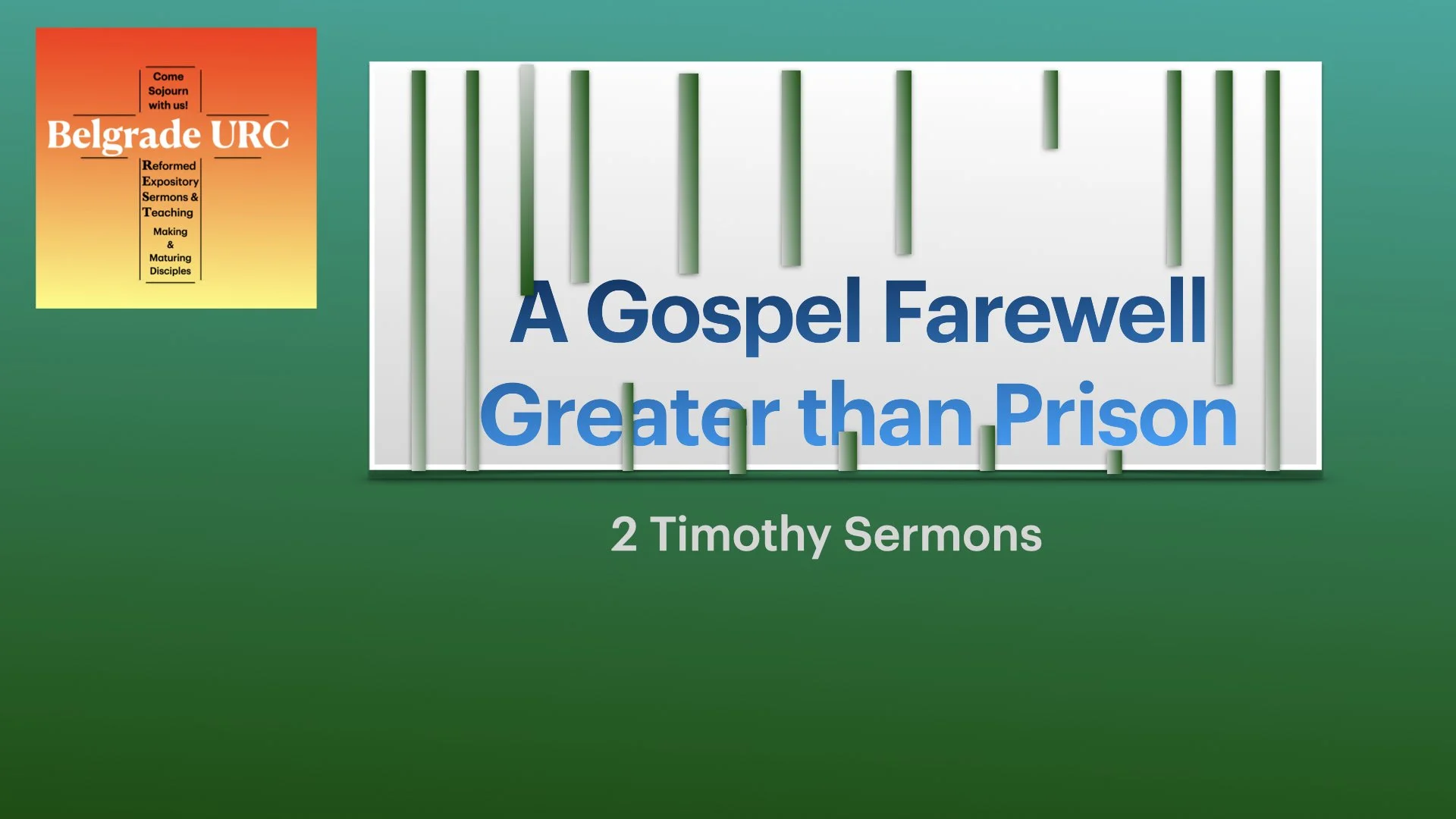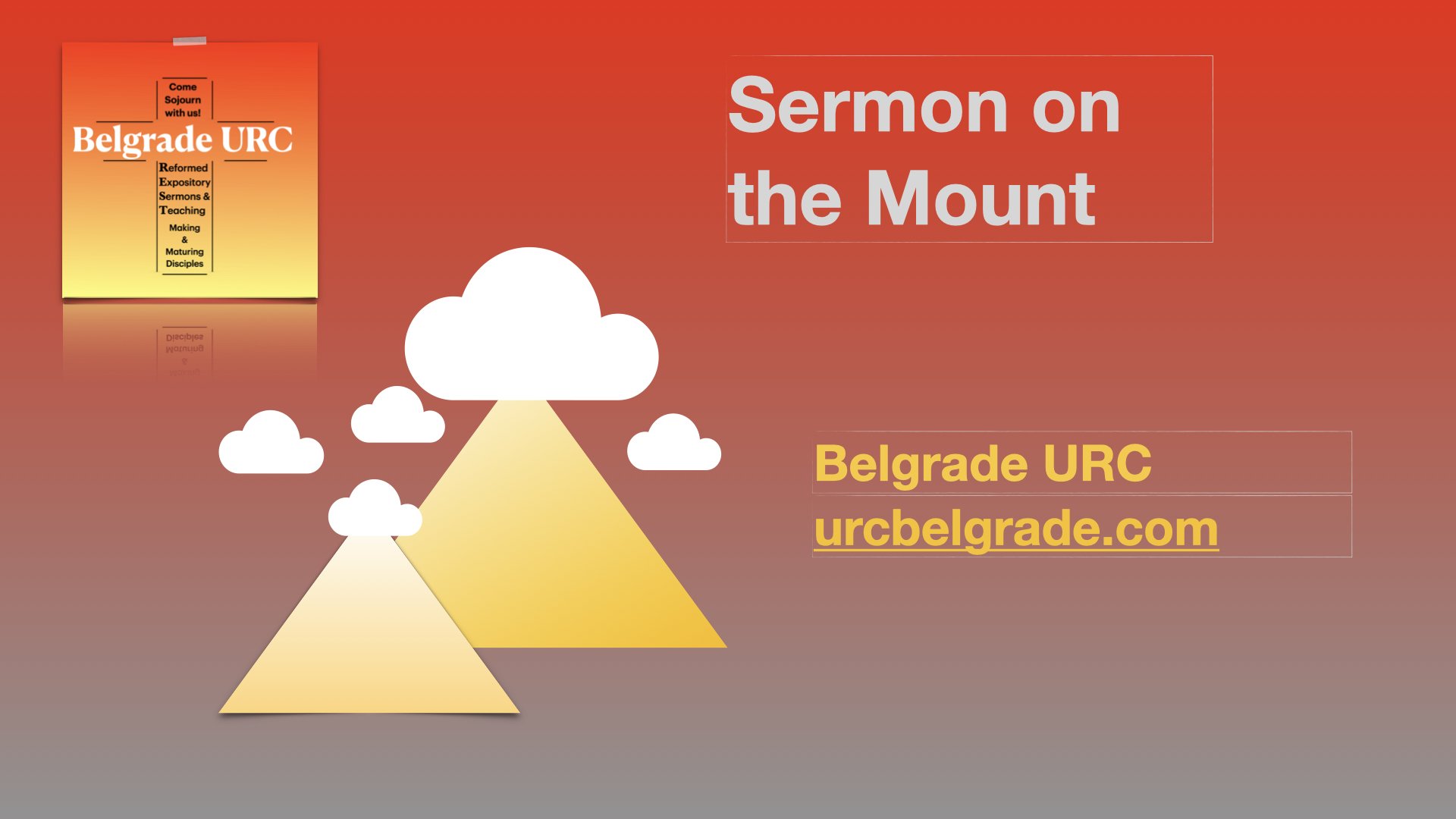Insufficiency of Our Dim Light (COD Head 3, 4 Art. 4-6; Gal 3:23-4:11)
/We want to think that we are pretty good and our struggle is rather minimal. So, we want to think that we are good enough and wise enough to see the light. So, we come to Christ because we desire Christ seeing him as the way of life. The problem is that we humans underestimate the depth of our sin and depravity. We fail to see that we are completely unable to enter into the Lord's presence by our doing. So, is there any hope in our predicament? How can we have hope when even Paul the Pharisee cannot do enough to earn the Lord's favor?






